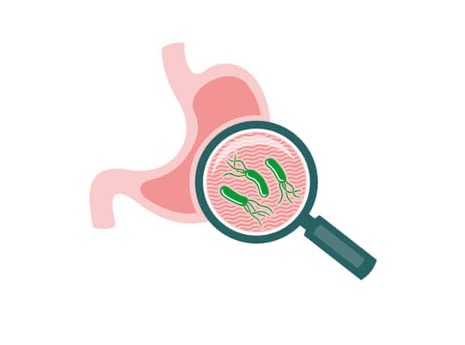Trial reveals mechanisms that contribute to impact of malnutrition and HIV infection
April 25, 2024
Source: drugdu
 631
631
 Severe acute malnutrition is responsible for nearly half of all child deaths globally and affects 17 million children annually
Severe acute malnutrition is responsible for nearly half of all child deaths globally and affects 17 million children annually
A trial led by researchers at Queen Mary University London, in partnership with two research institutes in Zambia and Zimbabwe, has identified the mechanisms that contribute to the long-term impacts of severe acute malnutrition (SAM) and HIV infection in children.
Funded through the Medical Research Council’s (MRC) Global Challenges Research Fund, the study published in Nature Communications aims to identify a treatment to promote the healing of intestinal damage caused by SAM.
Affecting around 17 million children every year, predominantly in Africa, SAM and malnutrition are responsible for almost half of all child deaths globally and cause damage to the enteropathy, the small intestine, by reducing its ability to absorb nutrients.
The new phase 2 trial, involving 125 children who had been hospitalised due to complications from arising SAM, evaluated four interventions for malnutrition enteropathy in Zambia and Zimbabwe.
The study revealed a drug known as teduglutide successfully enhanced the healing of mucosal membranes and reduced inflammation in the gut of children affected by long-term periods of malnutrition.
In addition, three other therapies were tested, which showed smaller effects on markers of intestinal healing: budesonide reduced the systematic inflammatory marker C-reactive protein, a predictor of infant mortality, while bovine colostrum and N-acetyl glucosamine also reduced inflammation.
Despite further research being needed to determine whether teduglutide can reduce poor outcomes and death rates in children with SAM, the trial demonstrates that the treatments are safe and confirms mucosal healing as a promising strategy in severe malnutrition.
Paul Kelly, professor of tropical gastroenterology, Queen Mary University of London, said: “We have shown that a short course of therapy added to standard care, aimed at restoring mucosal integrity, can reduce these complications.”
Dr Jess Boname, acting head, population and systems medicine, MRC, said: “We hope that this study will lead to effective treatments that will improve the health and well-being of children suffering from acute malnutrition and provide lasting benefits for the whole community.”
https://pharmatimes.com/news/trial-reveals-mechanisms-that-contribute-to-impact-of-malnutrition-and-hiv-infection/
By editorRead more on
- Gusekirumab Injection Accepted by CDE, Multiple Pipelines Advancing Simultaneously March 4, 2026
- Yifan Pharmaceutical’s teriparatide injection has been accepted by the CDE (Center for Drug Evaluation), adding a new domestic player to the osteoporosis treatment field March 4, 2026
- //news.yaozh.com/archive/47318.html PD-1 sales surge March 4, 2026
- A major breakthrough! Roche’s oral BTK inhibitor achieves its third Phase III clinical trial victory, a game-changer in the multi-billion dollar MS (manufactured pharmaceuticals) market. March 4, 2026
- GB19 Injection Approved for Clinical Trials of Cutaneous Lupus Erythematosus March 4, 2026
your submission has already been received.
OK
Subscribe
Please enter a valid Email address!
Submit
The most relevant industry news & insight will be sent to you every two weeks.



